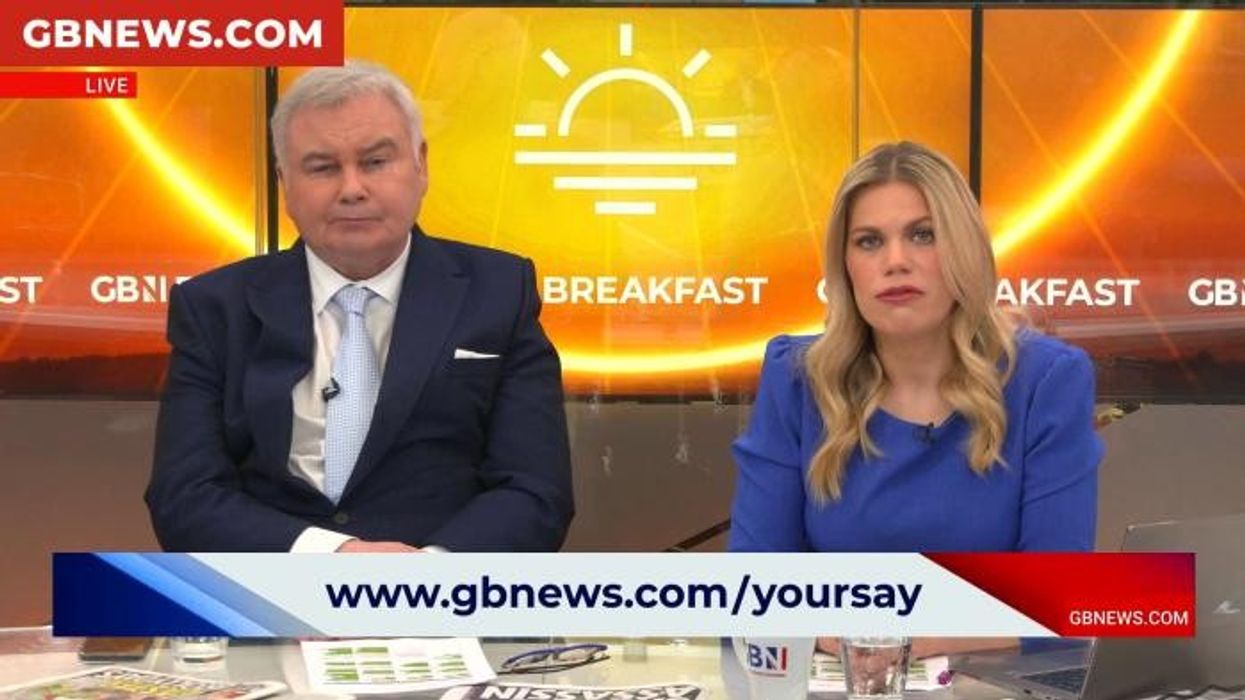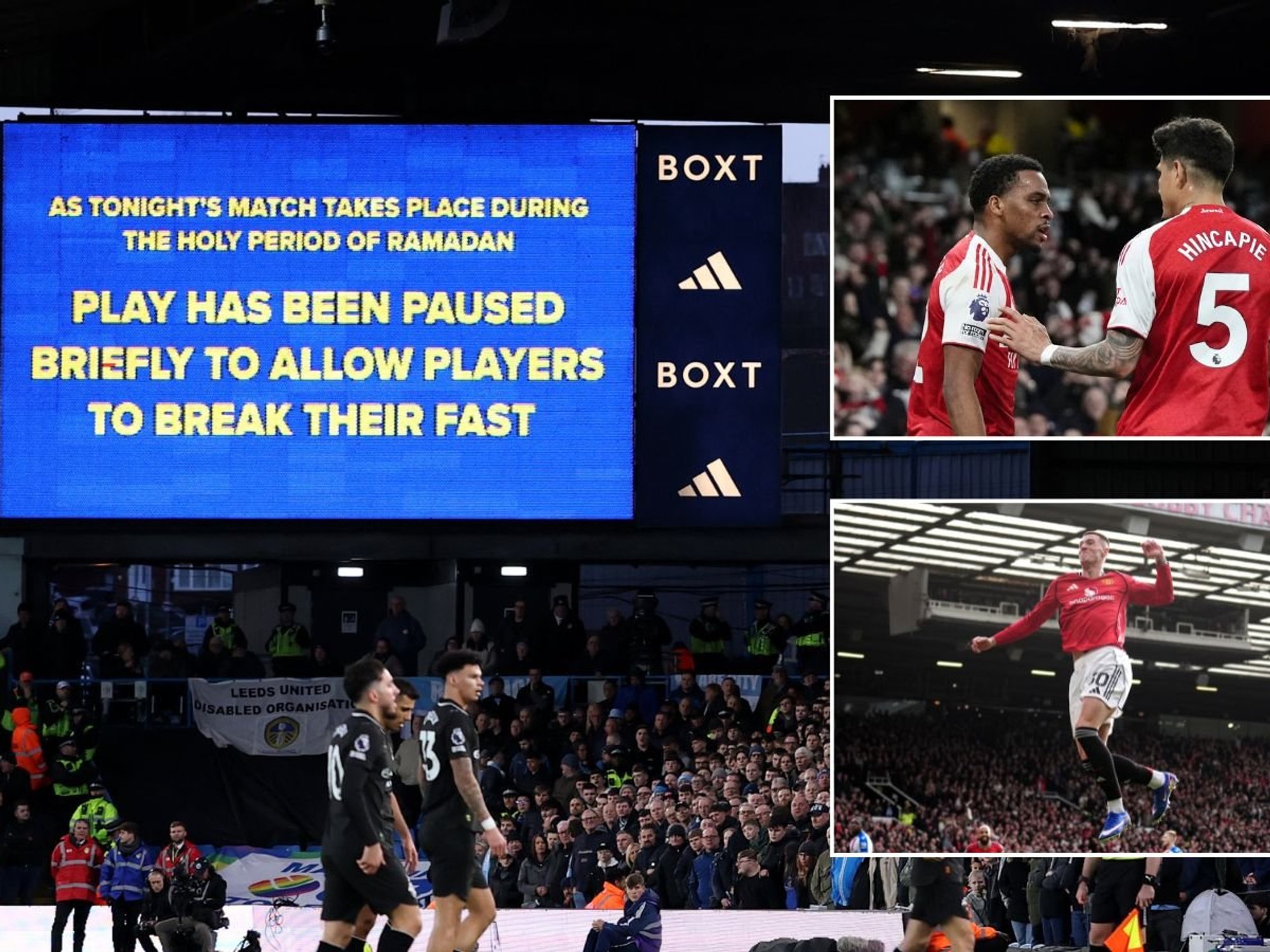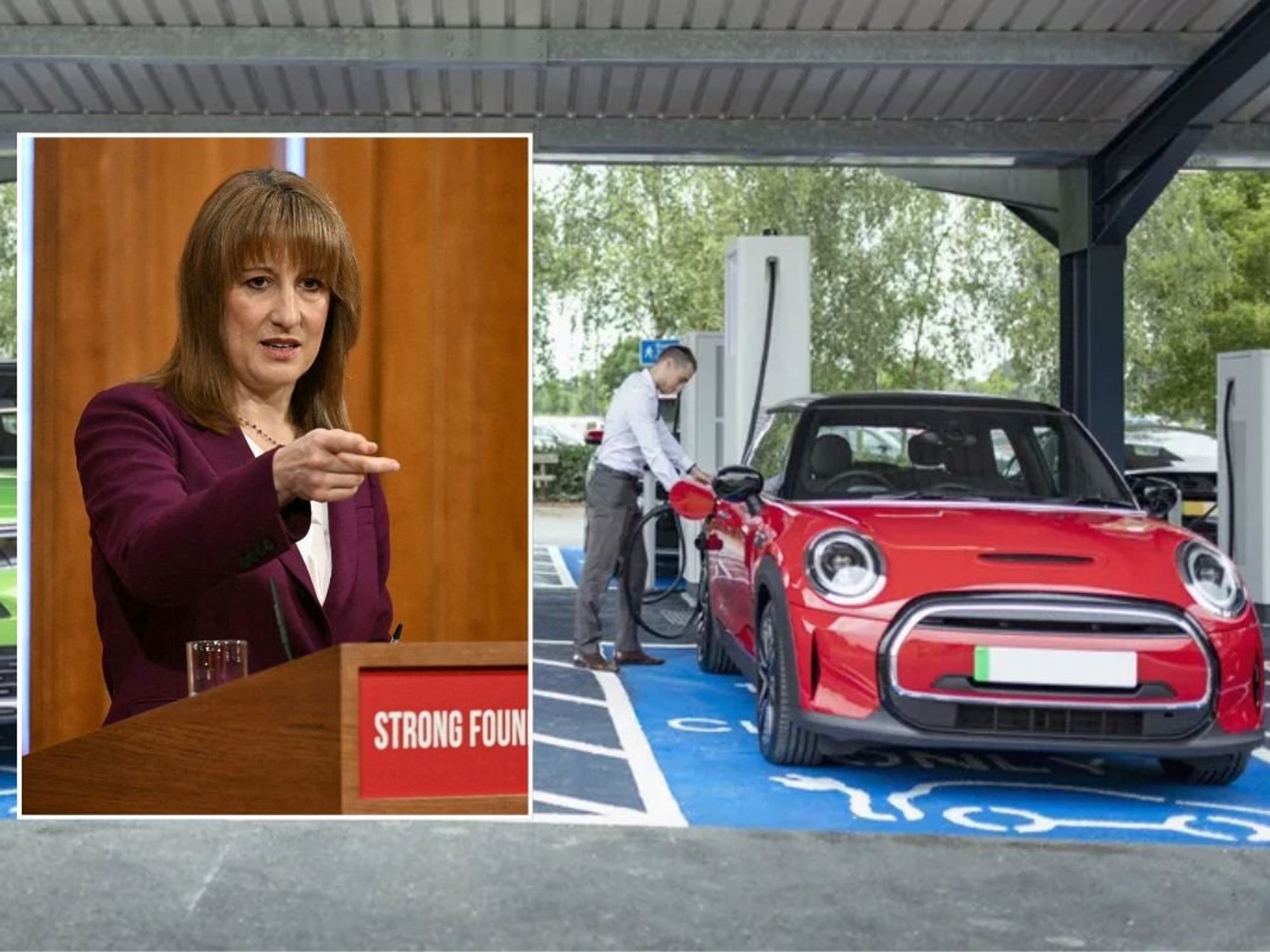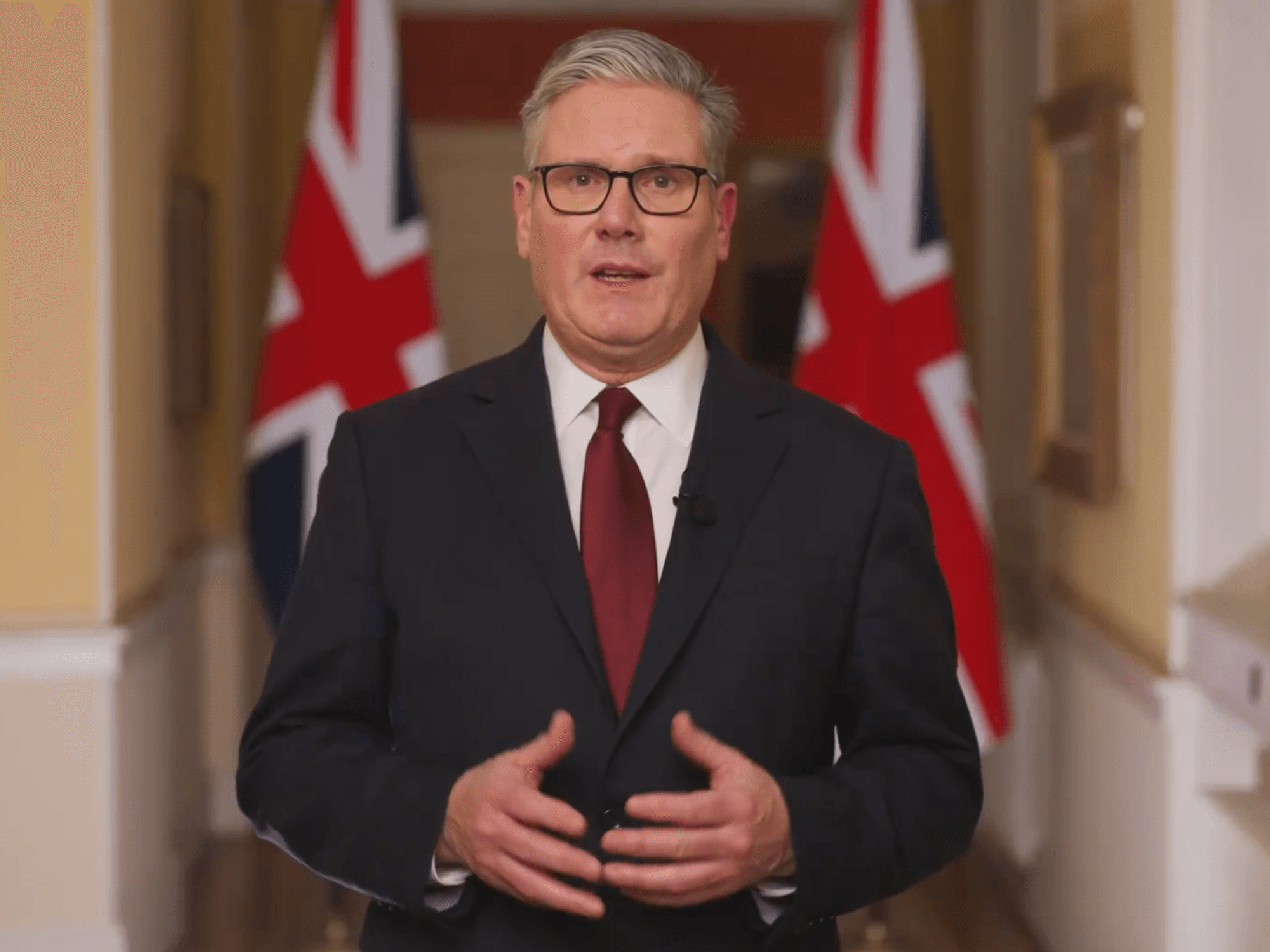Southport was a warning - but police weren’t listening - Peter Bleksley

Peter Bleksley - Southport Riots, Two-Tier Justice & Sentencing Double Standards |
GB News

OPINION: Intelligence failures and risk-averse leadership left officers blind to the online lies that sparked national unrest, says Peter Bleksley.
Don't Miss
Most Read
Trending on GB News
Intelligence gathering can be a grubby business. Sometimes an operative will have to dig into undergrowth, lie there for days looking through binoculars and eating ration packs, whilst doing number twos into cling film, which they have to take away with them. Leave no trace.
Undercover cops can spend weeks, months or even years frequenting pubs, dingy industrial estates, places of worship and more, as they gain the trust of career criminals and terrorists, some of whom would gladly pull the trigger on anyone they discovered had covertly betrayed them.
Meanwhile, those officers who are accomplished at scouring all parts of the internet may enjoy the comfort of an air-conditioned office, with tea, coffee and biscuits all readily available, while they search those dark, hidden parts of the web where the very worst of humankind trade their filth, often encouraging vulnerable minds to join them in their criminality.

Southport was a warning - but police weren’t listening - Peter Bleksley
|GB News/Getty Images
All of the above specialists are worthy of praise and our gratitude, but guess which kind modern police leaders prefer? Yep, you’ve guessed correctly, because our largely risk-averse senior plod feel a lot happier peering over the shoulder of an office-bound operative than they do worrying about a detective secretly deployed very deep into an unpredictable and faraway environment. You would therefore think that all of those officers and civilian staff members who are tasked with gathering intelligence from the online world would have access to social media platforms as and when they need them, but astonishingly many do not.
This week His Majesty’s Inspectorate of Constabulary published ‘Tranche 2’ of their report into the police response to the riots that followed Axel Rudakubana’s Southport massacre. Among other criticisms, Britain’s police were instructed to improve ‘how they collect, analyse and communicate intelligence about disorder…’
In my view, this was clearly a direct reference to a post that appeared on X (formerly Twitter) on the day of that murderous rampage, which recklessly and falsely named someone who had no connection to the horrors of that ghastly morning, and also suggested that the killer was an asylum seeker who had arrived in the UK on a small boat.

OPINION: Intelligence failures and risk-averse leadership left officers blind to the online lies that sparked national unrest, says Peter Bleksley.
|Getty Images
Unfortunately, many people took this message at face value, and tensions rose hugely across the nation. Merseyside Police should have been across all of this, they should have realised the relevance of that posting, and they should have had trusted neighbourhood police officers with their ears to the ground. If they had, then the anger that was brewing would have been recognised, and could have been acted upon. The Chief Constable could have immediately summoned every media outlet in the land to watch or listen to a convincing public statement clarifying some indisputable facts, which could and should have taken much of the heat out of the situation, but sadly this didn’t happen, and we all know what ensued.
To be clear, I am not a fan of police services who scour social media looking for postings that might cause offence to those of a delicate and flaky disposition, and let’s face it, there’s far too much of that nonsense going on, with people being arrested for committing no crimes whatsoever. But officers must patrol the internet in order to root out paedophiles, dangerous anarchists, gun runners, and those who would encourage people to take to the streets to torch hotels and high streets. The Police Inspectorate’s message to our police this week was clear, and reminded me of what so many teachers would write on my school reports: ‘must do better’.
More From GB News










